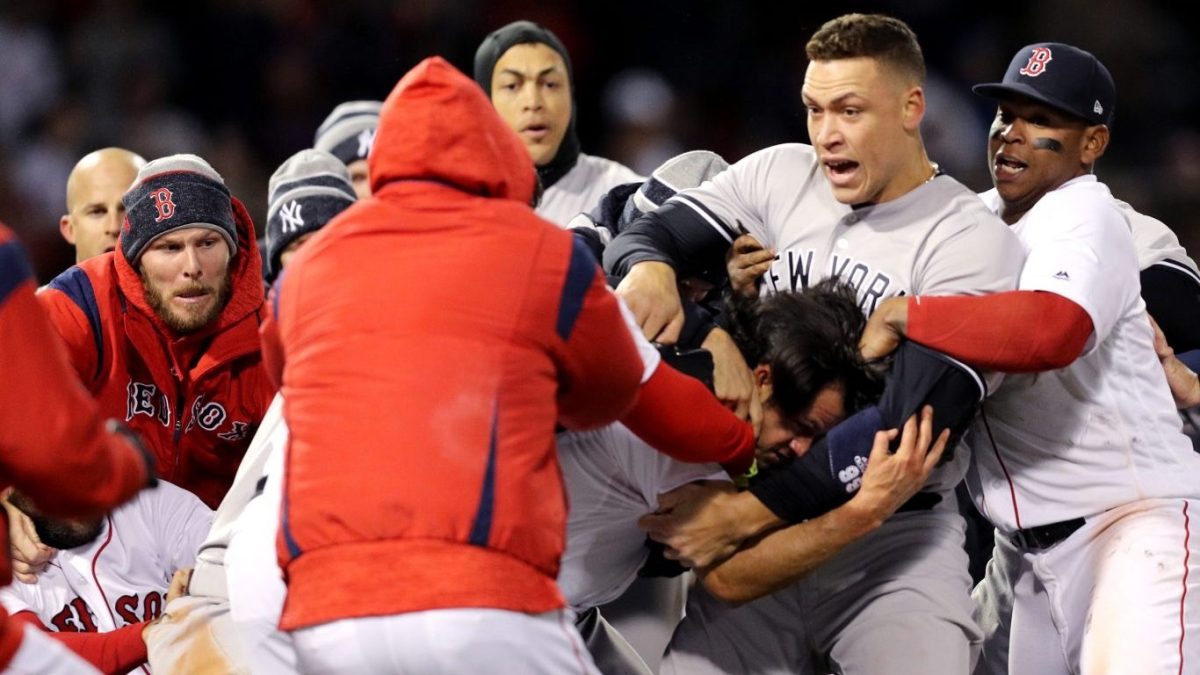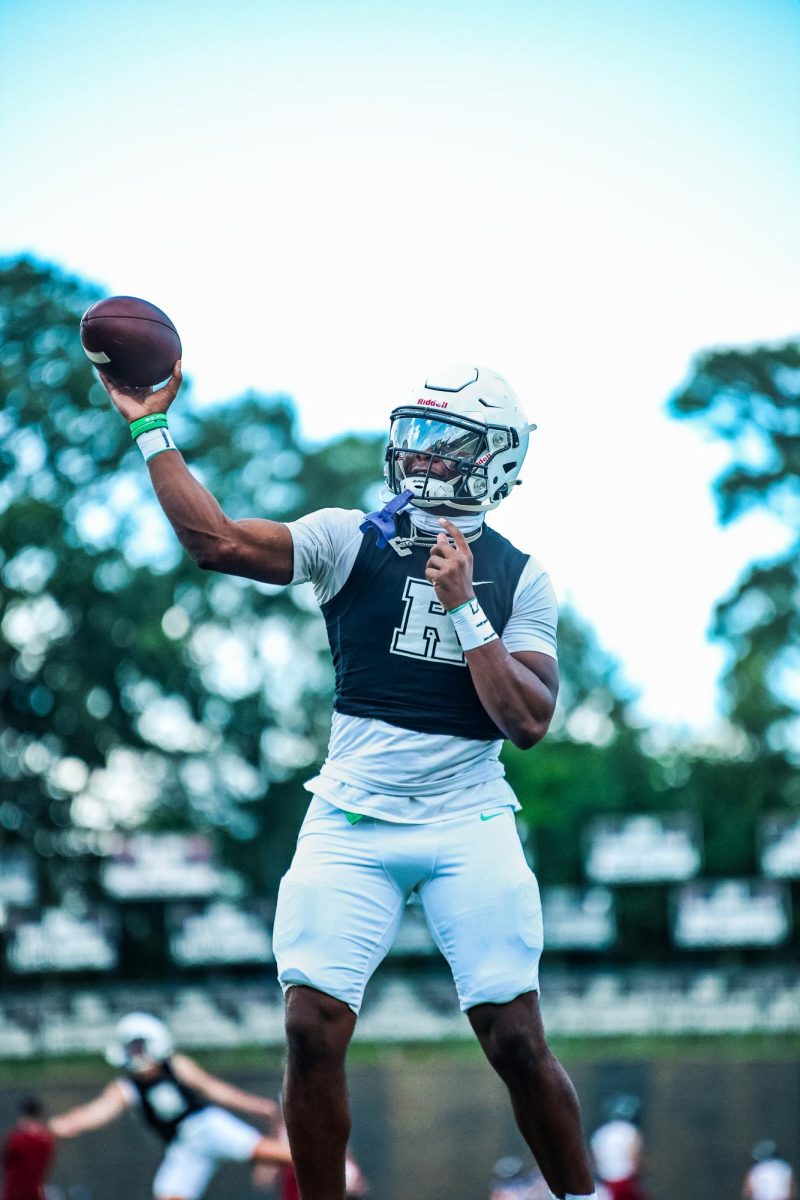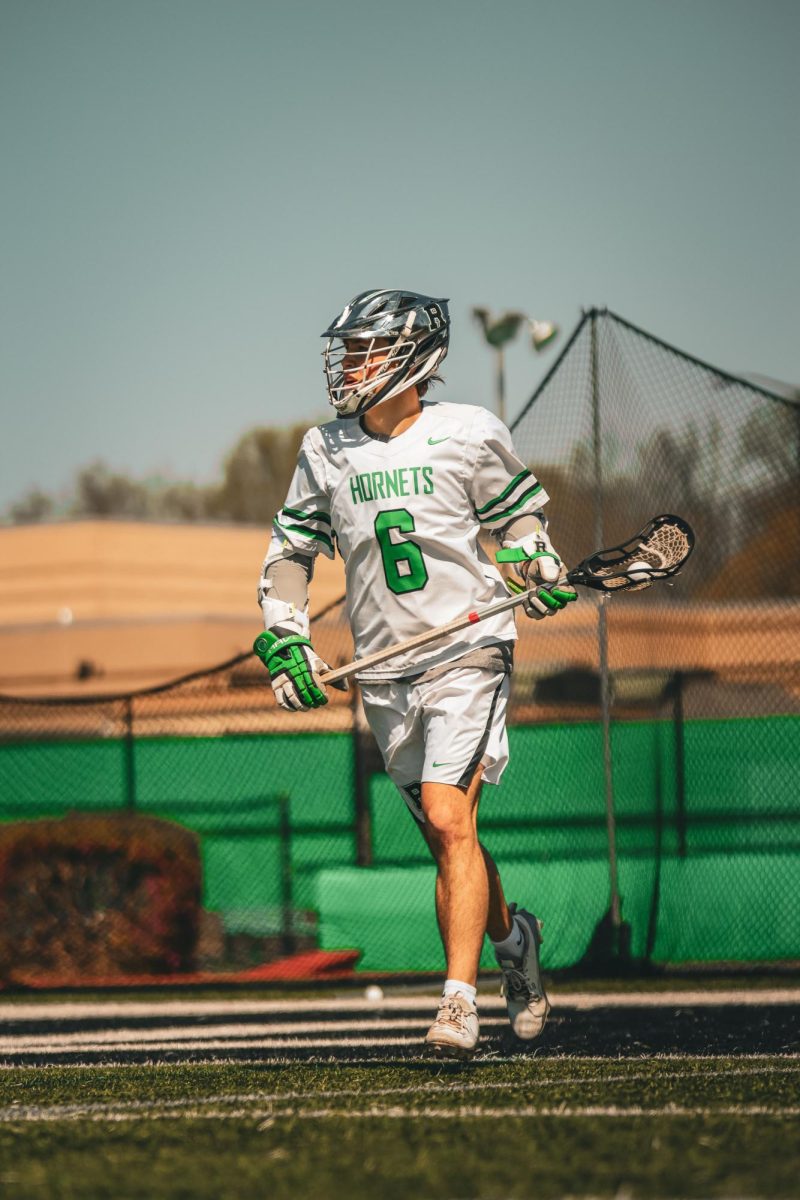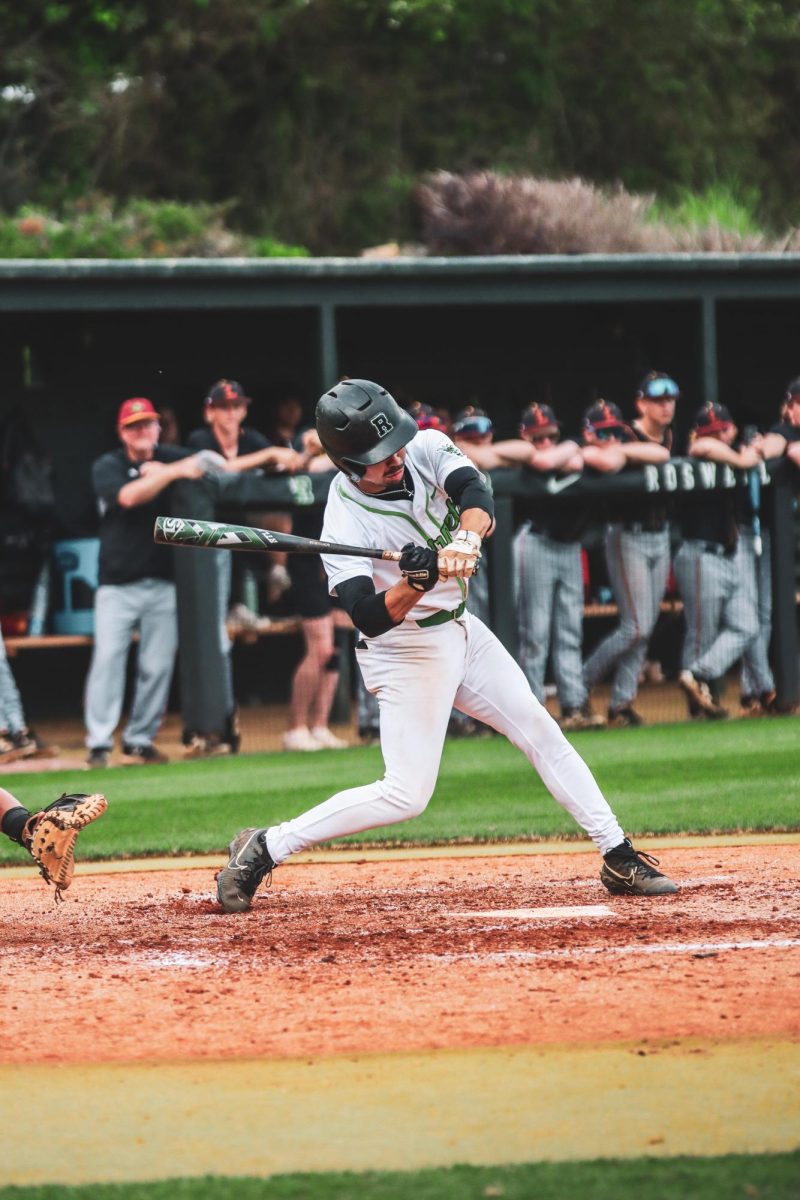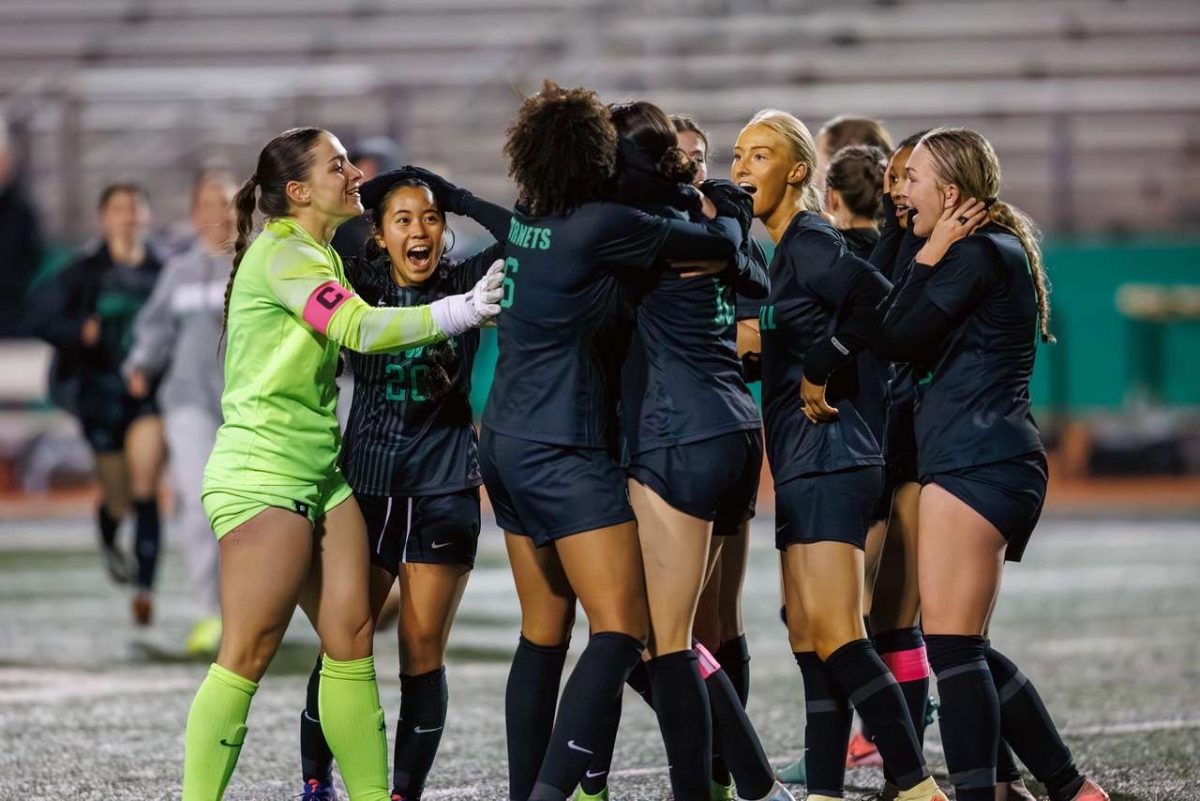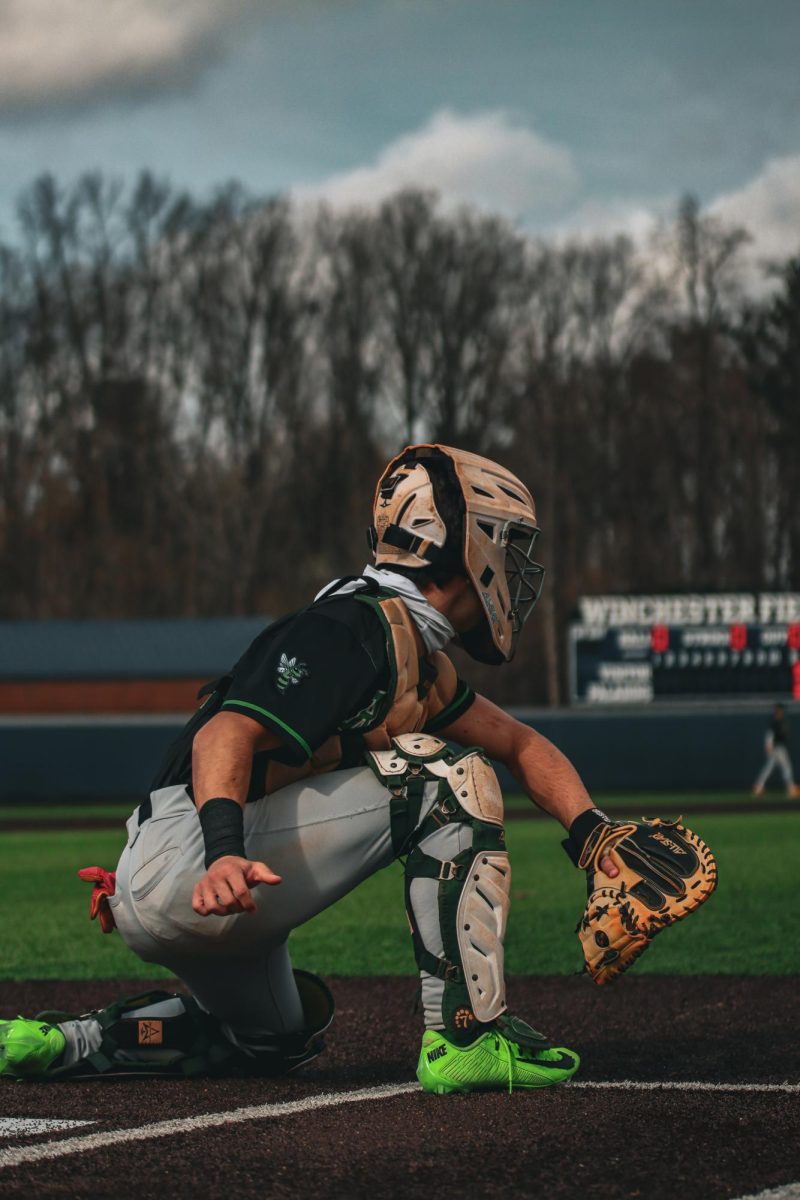Sportsmanship – fair and generous behavior or treatment of others, especially in a sports contest.
The hometown high school team on a Friday night, the biggest college rivals facing each other that Saturday, then ending the weekend watching your favorite NFL teams play on Sunday, looking to see if your fantasy team will pull through. Entering October as MLB teams enter the ‘post-season’, waiting to see which team will become the next World Champions, then only a few months later comes March where the only conversation going around is, “who do you have winning your March Madness bracket?”
Sports is one of America’s favorite pastimes, embedded into the nation’s identity.
In recent observations, while watching my local teams and even playing on a couple of my own high school teams, it has come to my attention that sports have slowly begin to turn into a place of violence and aggression. Scrolling on Instagram and seeing hateful comments from fans or players criticizing each other or even watching my favorite football team on TV and seeing opponents begin to yell while occasionally swinging at each other when they become angry are just a few examples of this egregious behavior.
Why is this happening?
Whereas each sport varies from the kinds of uniforms, numbers of people playing at once, equipment, and ultimately rules of that specific game, there is one rule that is the same among every single sport, even contact sports like football, no violence. This can mean violent words and slander, or straight up aggressive, physical violence. It’s understandable that athletes get frustrated when they mess up or even lose their game, but in some instances, it seems a more and more ubiquitous norm that athletes disregard this rule and become violent amid their frustration and anger.
Former Collegiate and Professional Football Player’s Point of View
To gain perspective on why there is this new norm of a lack of sportsmanship, I spoke with Malcom Mitchell, former University of Georgia (UGA) football player and New England Patriots Superbowl Champion.
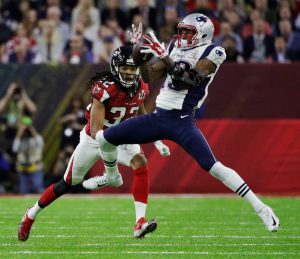
Mitchell has played at all the levels of football, beginning in high school at, “the winningest high school football program in the country Valdosta High School.” Following his high school career, Mitchell says he was recruited by many schools, but decided to go to the University of Georgia. Mitchell spent four and a half years playing for UGA before he was drafted in the fourth round of the NFL draft to the New England Patriots.
Mitchell reflecting back on his former football days said, “The only teams that I have been a part of when sportsmanship was an issue is when the head coach allowed it.” One highly possible contender to this influx of negative behavior in the sports world is leadership.
Mitchell said, “If the players are acting out continuously, I don’t necessarily blame the team, I blame the leadership of the team because that should be stopped well before it happens and that can take place in practice.” He goes on to say that he has seen this among different teams, but never his own and that he would most likely depart from a team like that. Mitchell said, “leadership determines character and no one individual is better than the team.”
Another perspective to take into consideration, is the personal perspective of the coach mentoring and guiding these athletes as that is crucial in determining whether a team will have sportsmanship or not.
RHS Track and Field Head Coach’s Point of View
Roswell High School Tim Feilen has been head coach of the track and field team for six years. Coaching a sport like track and field, you are overlooking 100+ athletes, in various events.
Feilen expresses his feelings of what is important for his coaching staff to model to their athletes and said, “Our coaching staff views the track as an extension of the classroom and that our role as coaches is not only to teach technique, training and race strategy…but also how to behave in pressure situations and situations where things may not go your way.” Feilen continues, “As a coaching staff, we try to lead by example too…none of us scream, yell or curse at the athletes…if we do that, so will they.”
Feilen recently had to deal with a situation this past track season at a home meet, something never been seen before. The Hornets were hosting a Wednesday night track meet against only one other team. The meet was smooth sailing until there seemed to be an altercation between the other team’s coaches and athletes and the Hornets’ team, leading to the opposing team having to depart from the meet early. This is something that is not seen in sports like track and field very often, due to the lack of contact, unlike other sports, so it is very concerning to see this kind of behavior become so common that it has made its way into yet another sport.
Feilen said, “Track and field is generally a very amiable competition with competitors celebrating other’s achievements and sportsmanship is generally never a concern as competitors always treat each other with respect and admiration. In this case, the opposite happened.” While this was a new and unique situation that Feilen had been put in that night, he said, “I was very proud of how well our team handled the situation by showing maturity and removing themselves from any difficult situations immediately and letting us handle it.”
RHS Athletic Director’s POV
Ben Sutter is the current Athletic Director here at RHS, and after six years in this position, he has many experiences and advice to share reflecting sportsmanship.
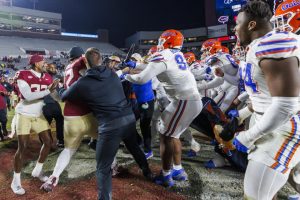
Sutter believes that another possible contender to this behavior could be the influence of social media. Sutter said, “I think this platform has allowed for trash talking, ridicule, and shaming to be done at the click of the button with no consequences and this carries over onto the field of play.” Social media is one of the largest things in society right now, it is how much of the youth can communicate with others, share their life with the world, and receive their information. It is extremely common for many sports teams and fan accounts to post about their beloved team, but often the comments are filled with more hate than positivity, creating this toxic community, that was once enjoyable.
While bringing up social media, Sutter also agrees with the aspect of leadership within a team can determine sportsmanship. He said, “I think the coach and the leaders influence sportsmanship. How we practice daily, how we treat each other, establishing expectations in both how we play and how we react to adversity, are all huge factors in the sportsmanship of the game.”
Sutter also highlights the importance of good coaching and what an impact it can make on athletes individually and teams as a whole. He said, “Coaches must treat their players like human beings, pick them up when they need them. Practices can be hard, they are supposed to be hard, and you are going to have a lot of failure involved, but if you have your leaders constantly picking each other up, then those types of actions spread.” Sutter continues, he said, “When you have a coach that can handle these tough situations with class, can redirect their athletes when they see them living in the negative, this is going to help create the culture that allows sportsmanship to thrive.”
Sportsmanship is an aspect of sports that every athlete, coach, and team should value and lead with. It starts at the top and trickles down to players and fans. My hope is that while I see unsportsmanlike behavior on the rise, that our next generation of leaders will build character among teams and drive sportsmanship from within.


